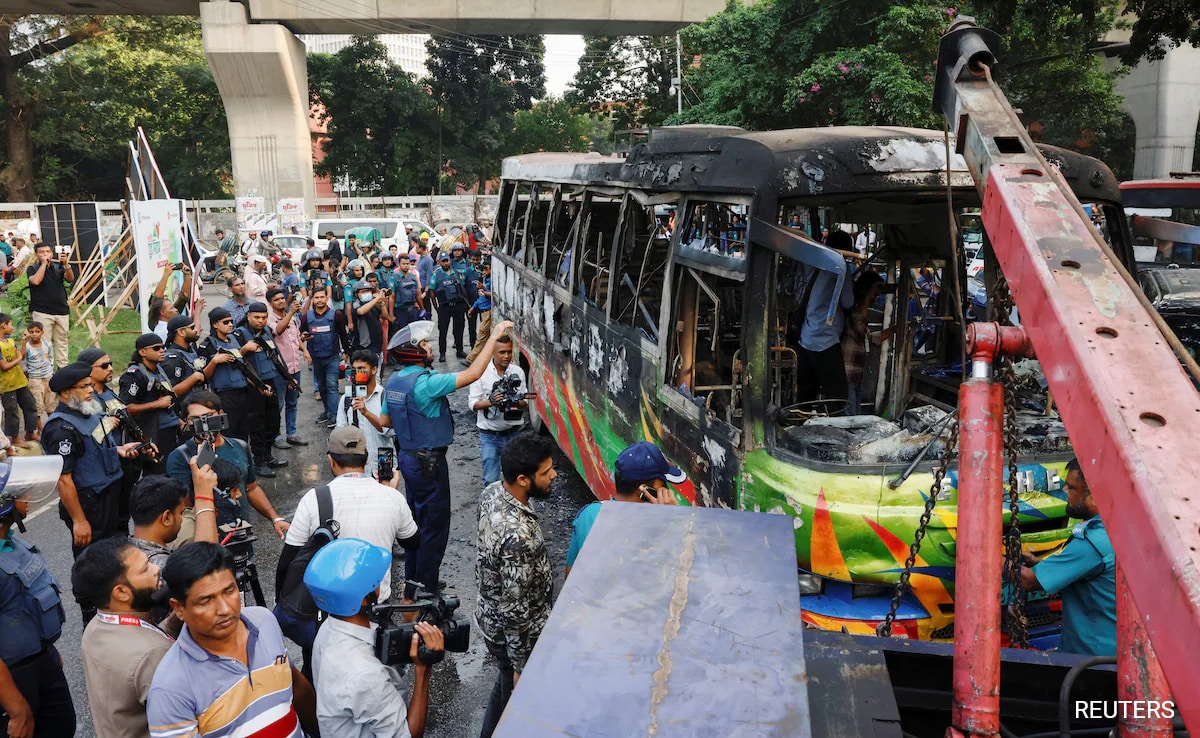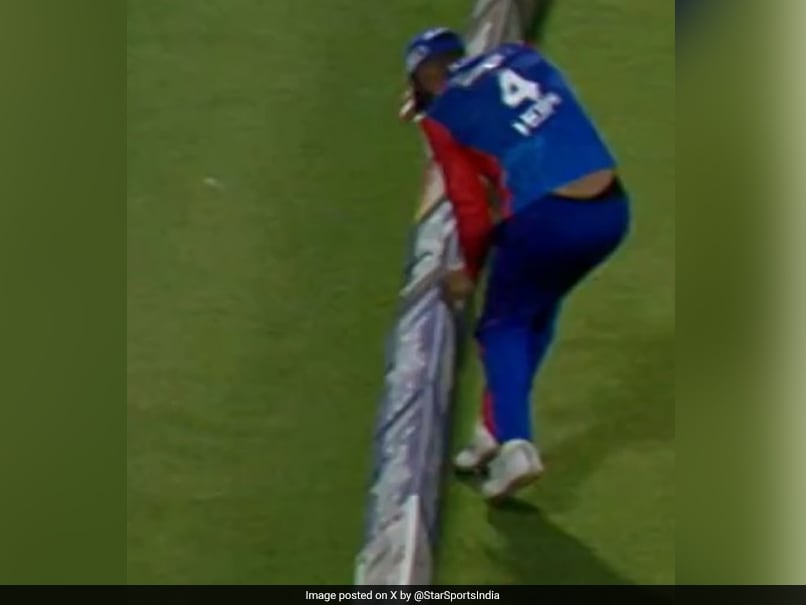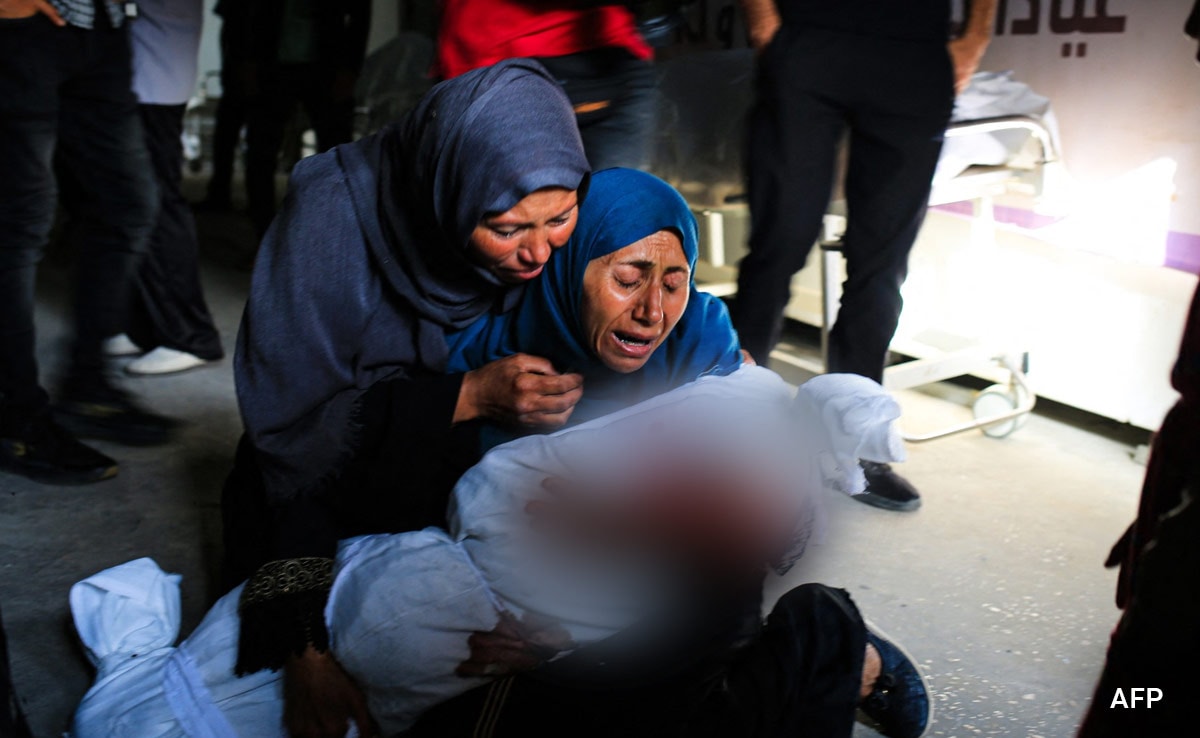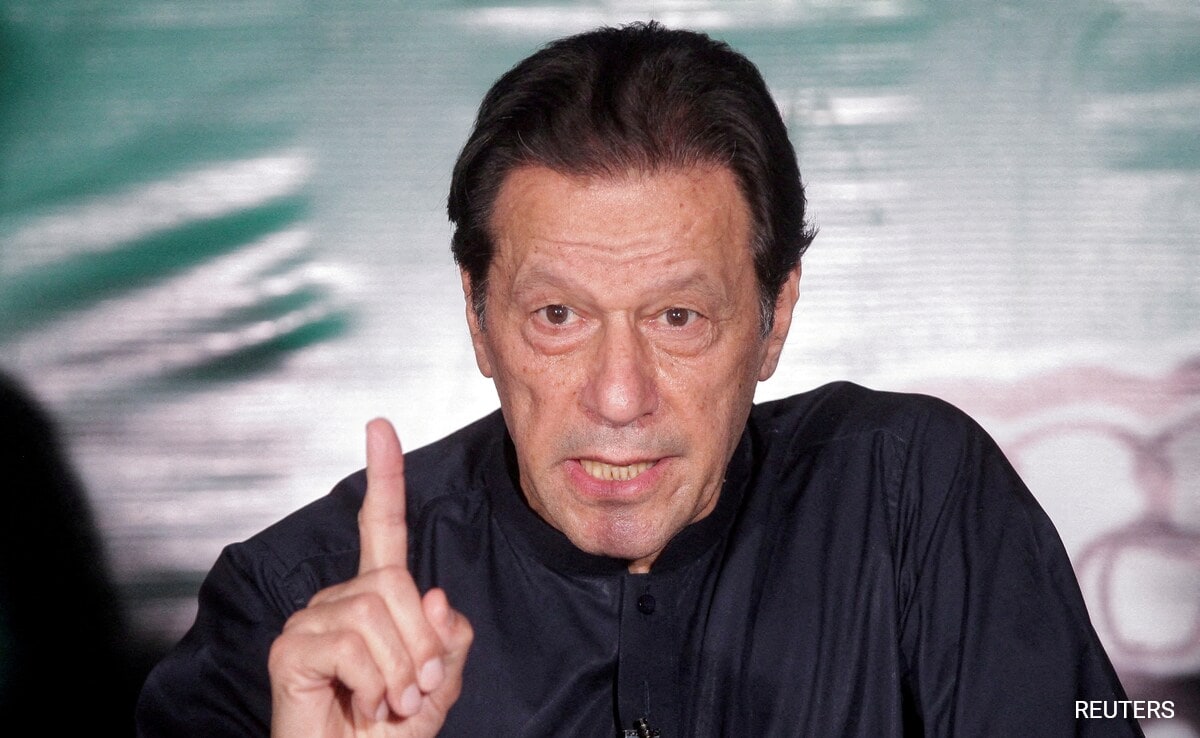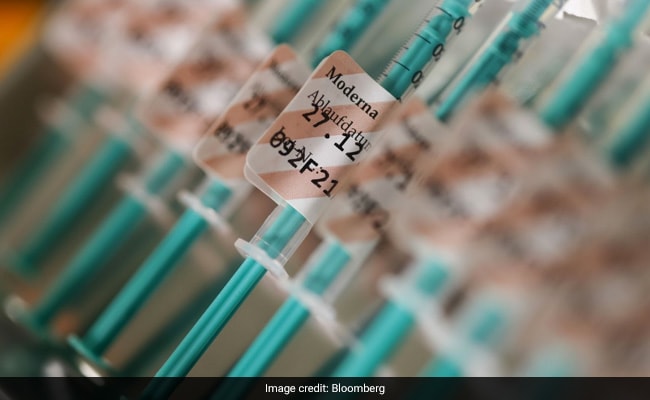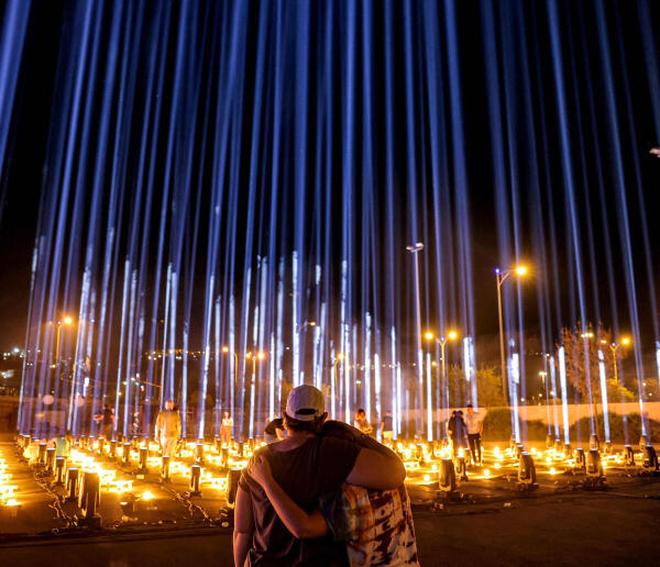Saudi TV creator Abdulaziz Almuzaini, whose animated Netflix show has made waves for breaking social taboos, said he had been convicted by an anti-terrorism court, prompting condemnation from rights advocates.
The kingdom’s Specialised Criminal Court, established in 2008 to try suspects accused of terrorism, “issued against me (a sentence of) 13 years, followed by a 13-year travel ban”, Mr. Almuzaini said in a video posted online last week that was subsequently deleted.
In a second video posted this week, which is still available on social media platform X, Mr. Almuzaini filmed himself inside a car, saying: “I am banned from travelling” out of Saudi Arabia.
Saudi officials did not immediately respond to a request for comment from AFP on Thursday, and there was no word of Mr. Almuzaini — who was not available for comment — having been incarcerated.
His satirical show “Masameer County”, billed as “a humorous view on a changing Saudi”, debuted in 2021.
Episodes tackled topics such as disputes among tribes and Islamic militancy, and even featured oblique references to homosexuality, a potential capital crime in Saudi Arabia.
The Wall Street Journal on July 4 reported that court documents in the case referred to online posts by Almuzaini which “ridiculed Arab regimes… or voiced support for women’s rights”.
Mr. Almuzaini said in the since-deleted video that the court accused him of promoting homosexuality and militancy.
He also said that, amid mounting pressure from Saudi authorities, he was forced to close his company, Myrkott Animation Studio.
“The services of all the employees of the Myrkott company were terminated a week ago,” he said.
“Those are people who have families, people who have worked with us since 2012. I had to stand up and apologise to them all and announce to them that Myrkott had ended.”
Appeal to the prince
The video included a direct appeal to Saudi Arabia’s de facto ruler, Crown Prince Mohammed bin Salman, who became first in line to the throne in 2017 and has overseen sweeping social and economic reforms.
“I believe that we are in a country ruled by a rational family, and if one of its citizens is subjected to injustice, I have faith that my voice reaching His Highness the Crown Prince will correct some of what happened to me,” Mr. Almuzaini said.
Saudi Arabia has been criticised for what activists describe as a fierce crackdown on even vaguely critical online speech.
In the past two years the Saudi judiciary has “convicted and handed down lengthy prison terms on dozens of individuals for their expression on social media”, human rights groups Amnesty International and ALQST said in April.
Saudi officials say the accused had committed terrorism-related offences.
High-profile examples include two women who received decades-long sentences in 2022 for posting and sharing critical online posts, as well as a retired teacher who last year was sentenced to death after denouncing alleged corruption and human rights abuses on social media.
Prince Mohammed in a September interview with Fox News said he disapproved of that judgement and raised the possibility that the retired teacher, Mohammed al-Ghamdi, might be spared death.
Unlike in these cases, Mr. Almuzaini does not seem to have been jailed.
The proceedings against him nevertheless appeared to continue a trend of shutting down free speech, said Abdullah Alaoudh, senior director for countering authoritarianism at the U.S.-based Middle East Democracy Center.
“Saudi Arabia’s creative industries will not thrive — let alone attract investment — until the authorities recognise and fully respect the human rights of all its citizens,” Mr. Alaoudh said.
Lina al-Hathloul, head of monitoring and communication for ALQST, denounced the imposition of a travel ban, as was the case with her sister, prominent women’s rights activist Loujain al-Hathloul.
“We all would like to live in the country, but in safety and without these violations and the arbitrary and unjustified travel ban that has exhausted many, including my family,” the London-based Lina al-Hathloul said on X.

